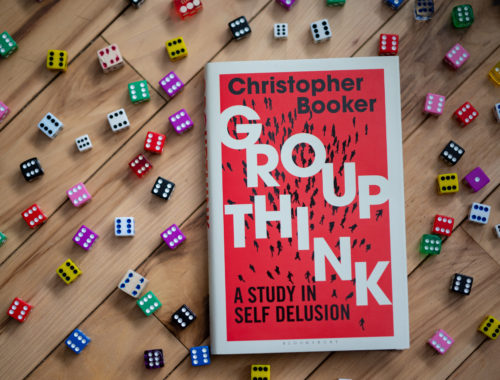
What Is Shame Good For?
If you want to break a pattern, respond differently.
Such a simple statement. I would call it deceptively simple, and by that I mean more easily said than done. In fact, I would contend that, although responding differently is essential, it’s nearly impossible if we do not understand why the pattern was created in the first place. I have been working on deciphering such things since I was a teen, but I didn’t truly start to understand that until about two years ago. In fact, there is a world of difference between understanding something intellectually (that’s easy) and understanding something holistically: body, mind, and soul.
Within the last year, I started reading Augustine’s Confessions (no, I won’t refer to him as a saint, because he was anything but) in an effort to better understand the man and, to a certain extent, give him another chance. I got about a third of the way through the book, and I no longer own it. (I donated it to Goodwill with many other Catholic books, although I was sorely tempted to burn it so it wouldn’t damage anyone else.) After all, I had spent my whole life giving the Catholic Church a chance. It finally blew it; why should I continue wasting my time? I had proven to myself what I needed to prove, but that, too, turned out to be not quite so simple.
Why was I still reading such things? Because my trauma responses include needing enough information to get the right answer and prove that I am worthy. Finally understanding that doing this was a trauma response was the first step in changing it. Now I know that it is not my job to prove anything to anybody else. Now I know that it was narcissists (living out a whole host of trauma responses) who manipulated me throughout life and played into my fears. Show me the facts. Who are your sources? Prove it!
Well, I don’t play that game anymore; I won’t even sit down at the table.
Augustine played it, though, and he taught far too many others to do the same. But why wouldn’t he? Shame and abuse were regular fare for him as a child, and he learned his lessons so well, he served up both to everyone he met as often as possible and even wrote books so he could shame millions of others down through the ages. In fact, the man physically abused his son and dumped the woman who had given birth to the boy (Augustine’s mother felt that the woman wasn’t good enough for her son to marry), yet the Catholic Church has conferred sainthood on not only Augustine, but his mother, too. Take a moment to process that: the Catholic Church thinks that these are people worthy of emulation.
I’m not here, though, to rant. I do have a point. Please read on.
Like Paul in the New Testament, Augustine wrung his hands over what his body made him do, and much of his life was spent berating himself for giving in to lust. “The spirit is willing but the flesh is weak.” Well, not quite. Of course, it’s unreasonable to expect more from these men who lived so long ago, but what they referred to as “the body” is actually the unconscious: that part of you that fears the pain of those memories so much it, it will do just about anything—even creating cravings for things that are bad for you— to keep them hidden from your conscious mind (what Paul and Augustine called “the spirit.”)
Closer to home: my father had a drinking problem and smoked for 40 years. These things adversely affected the lives of my mother, my brother, my sister, me, and—most damagingly—my father. He was a brilliant man. It’s not like he didn’t know that smoking and drinking were bad for him. It’s not like he didn’t know that these “habits” (compulsions) were hurting himself and those he loved. It’s not like he never heard my mother’s complaints, advice, entreaties. It’s not like he didn’t want to change, to be well, to treat his wife and children with love. It’s not like he didn’t try. It’s also not like his story was uncommon. Yet, still, I continually hear and see advice about willing it enough, trying hard enough, working hard enough, and never quitting! I readily admit that I am guilty of once thinking it worked that way, but it most assuredly does not.
Think about it: you try and you try and you fail and you fail, but someone is telling you that you’re doing it wrong. What does that do to a person? How could it make someone feel anything but shame, because, as others keep pointing out: You’re not enough. You’re not really trying. You’re a failure. You should be ashamed of yourself.
Show me how any of that helps.




